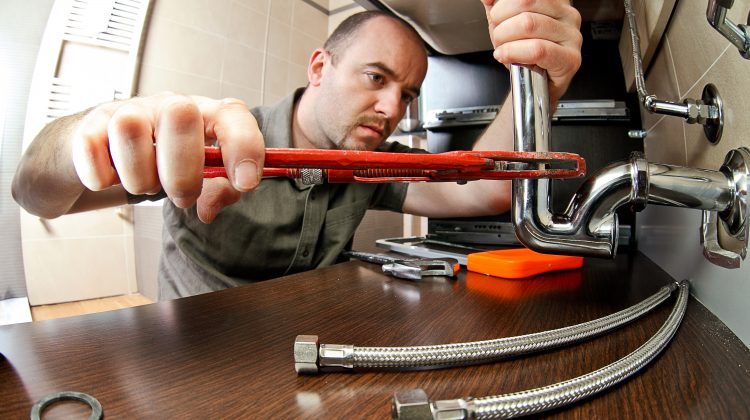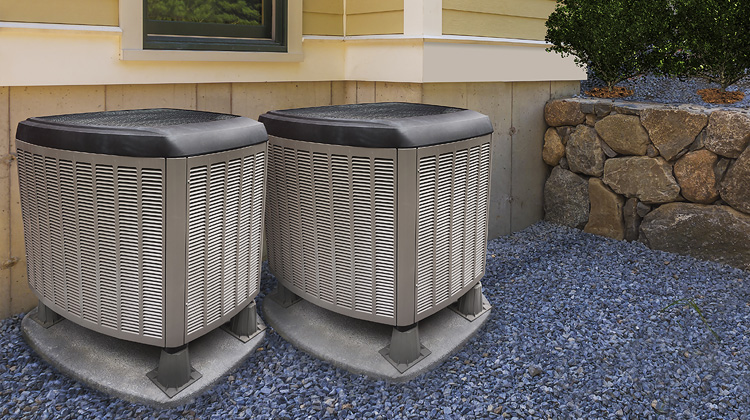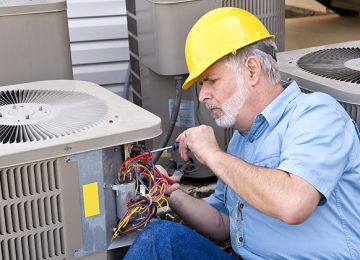If you’re a facility manager, you may run into situations when you’re not completely sure what level of technician or service provider to dispatch to a job. Electrician work can be very dangerous if not approached in a cautious and safe manner. Therefore, it’s important to understand what work a general contractor can do, and what work you need a licensed electrician for.
What Is a General Contractor?
General contractors are professionals who are not necessarily certified, but typically perform a wide variety of maintenance tasks. General contractors are relatively prevalent in the construction field and can perform various basic plumbing, carpentry, and flooring maintenance tasks. In terms of electrical work, general contractors can do basic work, but are rather limited in what tasks they can complete.
What Is a Licensed Electrician?
A licensed electrician is an individual who has the ability to perform advanced electrical jobs. Becoming a licensed electrician is a rather rigorous process, including many years of training as well as the requirement to take and pass a licensing exam. Typically, individuals who strive to become licensed electricians begin the process as an apprentice and must gain at lease 4 years (or 8,000+ hours) of experience and electrical training. Once enough hours and experience has been obtained, a licensing exam can be taken. If the individual passes, they begin their career as a licensed electrician.
“By becoming licensed, an electrician proves that he or she has the capability to work according to the safety guidelines stipulated by the National Electrical Code.”
Therefore, it’s important to understand what work a general contractor can do, and what work you need a licensed electrician for.

Why Electrical Licensing is Importants
In a typical day for an electrician, he/she runs into the risk of electrical shock, electrocution, and electrical burns. As a electrical work does pose risk to those employed in the field, ensuring electrical OSHA compliance through licensing is extremely important. By becoming licensed, an electrician proves that he or she has the capability to work according to the safety guidelines stipulated by the National Electrical Code. If you, as a facility manager, need electrical components repaired or installed, you are sure to receive technical quality from a fully-qualified licensed electrician.
Nulla facilisi. Aenean nec eros. Vestibulum ante ipsum primis in faucibus orci luctus et ultrices posuere cubilia Curae; Suspendisse sollicitudin velit sed leo. Ut pharetra augue nec augue. Nam elit agna,endrerit sit amet, tincidunt ac, viverra sed, nulla.







